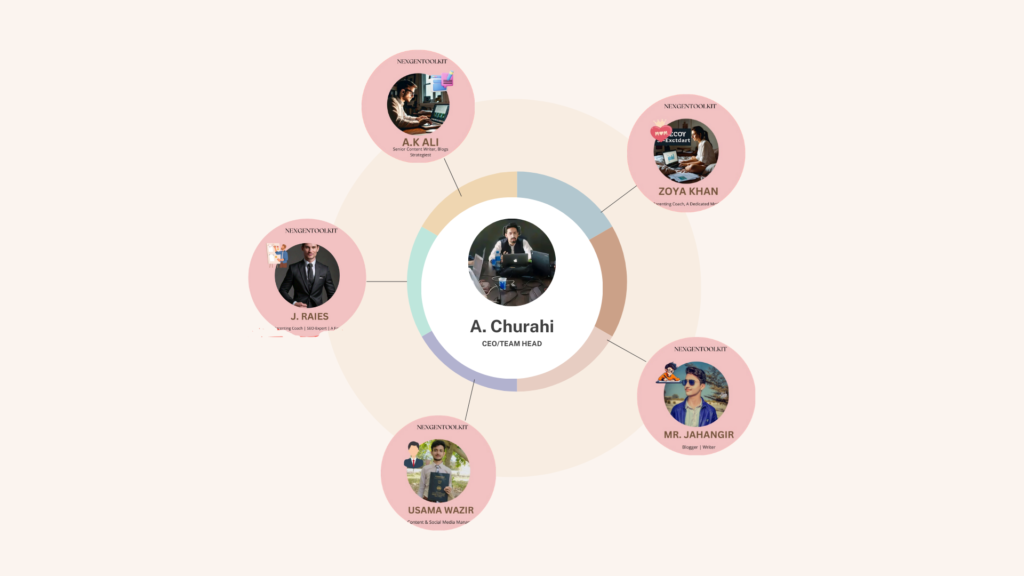Charter schools are also defined as another form of educational institution that has been integrated into society and differs from traditional public schools. Pros And Cons Of Charter Schools.
Supporters say that they foster creativity as well as give options to parents and students, whereas opponents point at equity and reporting issues. This paper tries to analyze the topic both from the positive and the negative perspectives with the hope of arriving at a neutral conclusion on charter schools.
You Can Also Like This Names Meaning Sun

PROS OF CHARTER SCHOOLS
Innovation and Flexibility:
Amongst the main strengths of charter schools is that they have a flexible curriculum and also the methods used in teaching. While most regular public schools which are under the district, cannot try out different strategies in teaching, charter schools have the flexibility of doing so. This flexibility may result in strategizing in arriving at the best form of conduct and content delivery concerning the various students in the institutions.
Parental Choice:
Charter schools were initiated to give parents a choice different from the zoned school that they have to attend. The option of selecting a school that supports particular beliefs regarding learning and teaching and methods or a program preferred by the family is quite attractive to many. This helps to encourage rivalry amongst schools, according to a matter of fact, advancing the quality of education and its ability to meet the parents ‘choice.
Smaller Class Sizes and Personalized Learning:
One of the common approaches is the class size and the all-important idea of individual learning environments for each student. This may make it possible for students to receive one-to-one attention at some junctures, which may translate into better achievements in their academics as well as a friendly learning environment.
Specialized Focus and Programs:
Some charters are thematically set meaning that they are based on some sort of theme or educational emphasis like STEM education; arts; or bilingualism. Such programs can serve specific students, with certain interests, talents, or gifted abilities in such a way that they will benefit from a learning environment that might not be existent or easily provided in other public schools.
Community Engagement:
The charter schools also promote good relations with parents, local organizations, and the business fraternity. Such a community engagement can enhance learning by making additional resources available, role modeling, and learning intensive practices and placements to students.

CONS OF CHARTER SCHOOLS
Lack of Accountability:
The naysayers have opined that charter schools are less credible and responsible than conventional public schools since they are free from most ed-u2018 u2019 which are compulsory in the running of public schools. These situations can cause issues concerning financial disclosure, the courses of studies, and the rights of learners with disabilities or learning impairments.
Potential for Segregation:
Some studies have pointed out that charter schools may be the cause and or contribute to segregation by social class or race in education. Some of the challenges have been in the idea that charter schools tend to take the least fortunate students in terms of ability to pay for their education coupled with other requirements in taking fewer learners with learning disability as well as those from poor backgrounds as compared to other public schools.
Funding Issues:
There is often debate on who should pay for the funding of charter schools. Sometimes, charter schools are funded publicly though they are under private management, thereby creating controversy over resource allocation between charter and traditional public schools.
Teacher Turnover and Working Conditions:
The turnover of teachers in charter schools is perceived to be higher than the ones found in traditional public schools. Hence, critics treat this instability as appropriate to affect the student learning and school climate. Thus, issues have been raised on employment relations and the employment status of teachers in charter schools.
Selective Admission Practices:
Despite being centers that offer education to any child, critics argue that there are some Charter Schools that have policies that bar and or are likely to harm any child, or that use techniques that discriminate against any group of learners. This can be disabling to the principle of equal quality education for all students without discrimination and prejudice.
Efficiency and Innovation in Management:
This is in some way true because charter schools have a little more discretion in matters of finance, human resources, and day-to-day running as compared to other typical public schools. This flexibility would also result in efficient management processes and practices, as well as the relative ease with which the system can change with new requirements and concerns in the area of education.
Addressing Specific Community Needs:
Charter schools on the other hand may be started to cater for a certain gap or need that is considered when identifying the need for the school.
Encouraging Healthy Competition:
Charter schools can therefore help to create competition within districts and this is a healthy factor. This competition may also have the deterrent effect of encouraging traditional public schools to enhance their programs, services, and the general quality of education offered to capture the attention of the community and students’ families.
Innovative Teacher Recruitment and Retention:
A selected number of charter schools has the autonomy to put into practice special teacher hiring and retention policies. This could be in the form of paying teachers more, providing educators with professional development that is aligned with their preferences, or coming up with a friendly working environment.
Parental and Community Engagement:
The governance of charter schools can feature very close involvement of the parents as well as the community. It can also result in a more involved approach to providing education to students, and their families as they both can be involved in decision-making processes within the school.
Financial Instability and Closures:
Charters can experience financial vulnerability fiscally by periodically experiencing different enrollment, inadequate funds, and poor management. This instability may result in rag-time closures, which inconvenient scholars’ education progress and become unpredictable for families.
Impact on Traditional Public Schools:
Some people have noted that the expansion of charter schools can lead to a significant amount of funds and focus being shifted from the traditional public schools. Such changes in resources may worsen the funding disparities and lead to a declining education structure in public schools.
Limited Oversight and Regulation:
There are also charter schools that seem to experience low regulation and supervision as compared to other traditional public schools. It can cause issues regarding the quality of education, the academic integrity of the schools, as well as the proper behavior of the management and the school boards.
Potential for Exploitation by For-Profit Entities:
In some areas, some organizations have ventured into running charter schools for business gains, thus a worry for several people. The major concern of the detractors of such arrangements is that they dilute the standards of education and the duty toward the students and populace.
Mixed Academic Performance:
Even though there are charter schools that are performing well and have adopted acceptable standards in their educational base, there are still others that are facing challenges of performing similarly. The inconsistency in results of charter schools therefore calls for increased scrutiny, supervision, and monitoring of their effectiveness as well as oneness to students.

Conclusion
The arguments for or against charter schools are multifaceted and juggle issues concerning schooling reform, equality, and the principle of parents’ choice. The advocates for the voice also urge that competency-based education will foster innovation, and individualized learning, and also parental participation while the opponents warn that competency-based education will lead to a lack of accountability, inequity and could even lead to segregation.
Finally, the efficiency of charter schools is a result of the school’s governance, leadership, funding, as well as community support. For the students, the effectiveness of charter schools can be identified both in terms of positive effects on educational results, as well as in terms of issues concerning their supervision and accessibility for all categories of learners.
When public officials and instructors are still searching for how the educational system could be enhanced, the advantages and drawbacks of charters should not be overlooked. Maintaining the principle of as much as possible decentralization and at the same time as much as necessary centralization in the educational system along with guaranteeing access to effective learning for all students is one of the key challenges that has a considerable impact on the formation of the future educational system.
You Can Also Like This Dealing with Disrespectful Grown Child
FAQs
A charter school is a publicly funded, independently run school that operates under a charter or contract, allowing more flexibility in curriculum and operation compared to traditional public schools.
Disadvantages of charter schools include potentially less oversight, which can lead to inconsistent educational quality, and they may divert funds and resources from traditional public schools.
The three types of charters are start-up charters, conversion charters (traditional public schools converted to charter status), and virtual or online charters.










